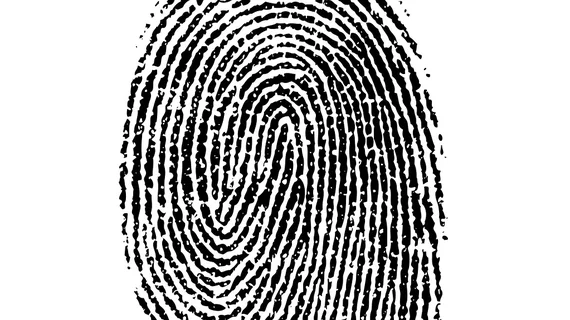Your fingerprint sweat may reveal if you have breast cancer
Researchers working in criminal forensics may have stumbled on a new way to identify breast cancer.
According to a video from Reuters, Simona Francese, PhD, at Sheffield Hallam University and her colleagues have potentially identified a test that could replace mammograms using a patient’s fingerprints, analyzing the molecular composition of sweat found via mass spectrometry.
By examining protein levels, it is possible to pinpoint markers for benign pathology, early stage cancer or metastatic cancer. The technique leverages artificial intelligence to interpret mass spectrometry data and distinguish between control samples and potentially cancerous ones, showcasing the potential for a more accessible and less invasive breast cancer screening method.
This unexpected discovery emerged from forensic research initially aimed at profiling criminal suspects through lifestyle information obtained from fingerprints. The approach holds the promise of saving lives and reducing healthcare costs, as it eliminates the need for painful and time-consuming mammograms.
The researchers said they envision a future where individuals could undergo a simple fingerprint test, which alone would provide sufficient data for cancer detection, eliminating the need for not only mammograms, but further testing to confirm cancer after an abnormal finding.
For more information, check out the full report from Reuters at the link below.

